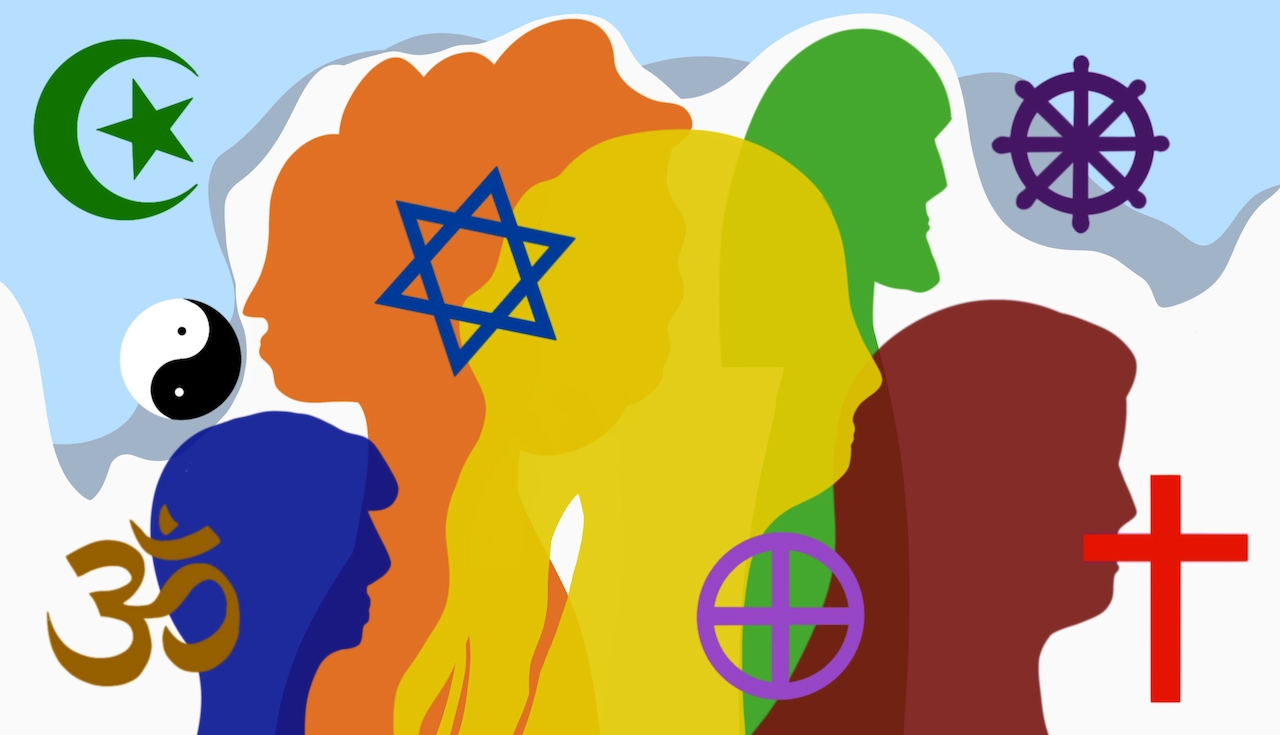zoomacademia.com – In an increasingly interconnected world, the importance of religious pluralism cannot be overstated. As societies become more diverse due to globalization, migration, and technological advances, the need for mutual respect and understanding among different faiths is critical. Religious pluralism promotes a framework where multiple religions coexist peacefully, allowing for dialogue, collaboration, and shared values.
Defining Religious Pluralism
Religious pluralism goes beyond mere tolerance; it recognizes the legitimacy of different religious beliefs and practices. It is rooted in the idea that no single religion holds absolute truth, allowing individuals the freedom to express their beliefs while respecting the beliefs of others. This concept fosters an environment where diverse perspectives can flourish, contributing to a richer societal tapestry.
Cultural Enrichment
One of the most significant benefits of religious pluralism is cultural enrichment. Different religious traditions offer unique insights into morality, ethics, and the human experience. For instance, festivals, rituals, and practices from various religions can enhance communal life, providing opportunities for celebration and shared experiences. This cultural exchange fosters creativity and innovation, as ideas and practices merge to create something new and meaningful.
Social Cohesion and Peace
Religious pluralism plays a vital role in promoting social cohesion. By encouraging understanding and respect among different faiths, societies can mitigate conflict and reduce tensions. Interfaith dialogues and collaborative community efforts can help bridge gaps between groups, fostering a sense of belonging and unity. This is especially important in multicultural societies, where diverse religious identities can sometimes lead to misunderstanding and division.
Moral and Ethical Dialogue
In a pluralistic society, various religious traditions contribute to moral and ethical discussions. Different perspectives can illuminate complex social issues, such as justice, human rights, and environmental stewardship. By engaging in dialogue, individuals from different faiths can collaboratively address these challenges, drawing on their unique beliefs and values to find common ground.
Education and Awareness
Education is a crucial component of fostering religious pluralism. By incorporating teachings about diverse religions in school curricula, future generations can cultivate empathy and understanding from an early age. Educational initiatives that promote interfaith engagement can dismantle stereotypes and biases, equipping individuals with the tools to navigate a diverse world.
Addressing Challenges
Despite its benefits, religious pluralism faces challenges. Sectarian violence, discrimination, and political manipulation can threaten peaceful coexistence. It is essential for communities to actively combat these issues by promoting inclusivity and dialogue. Leaders from various faiths must work together to address common concerns and advocate for social justice, creating a united front against intolerance.
Global Perspectives
Different regions of the world illustrate various approaches to religious pluralism:
- India: Known for its religious diversity, India exemplifies both the potential and challenges of pluralism. While many coexist harmoniously, tensions still arise, highlighting the need for ongoing dialogue and understanding.
- United States: The U.S. is often viewed as a model for religious pluralism, where a wide array of beliefs thrive. However, the rise of religious intolerance calls for renewed efforts to promote understanding and respect.
- Europe: As European societies become more multicultural, they face the challenge of integrating diverse religious identities while maintaining social harmony.
Conclusion
The importance of religious pluralism in modern society cannot be underestimated. By embracing diversity, fostering understanding, and promoting dialogue, societies can build a more inclusive and peaceful world. As we navigate the complexities of contemporary life, the principles of religious pluralism will be crucial in shaping a future where all individuals can coexist, share, and thrive together.







